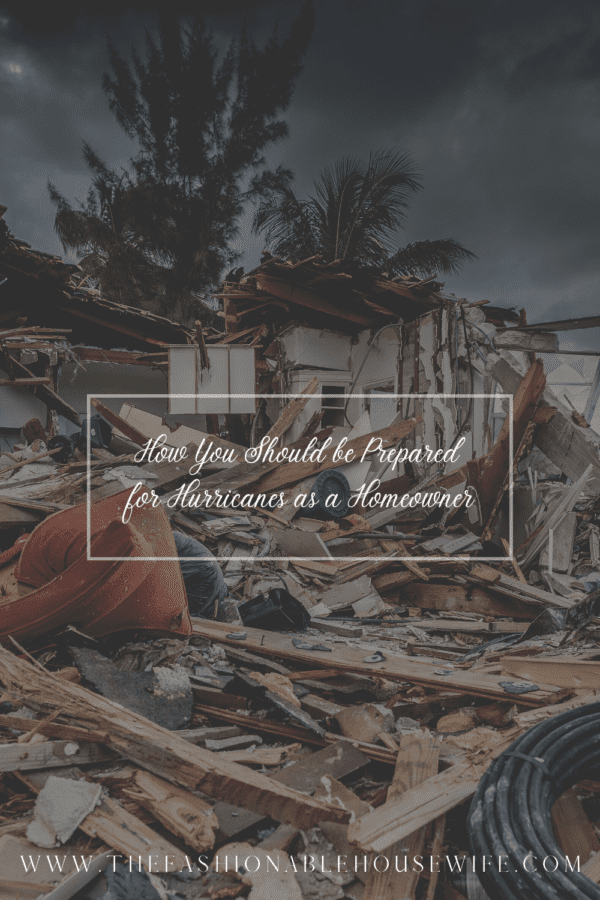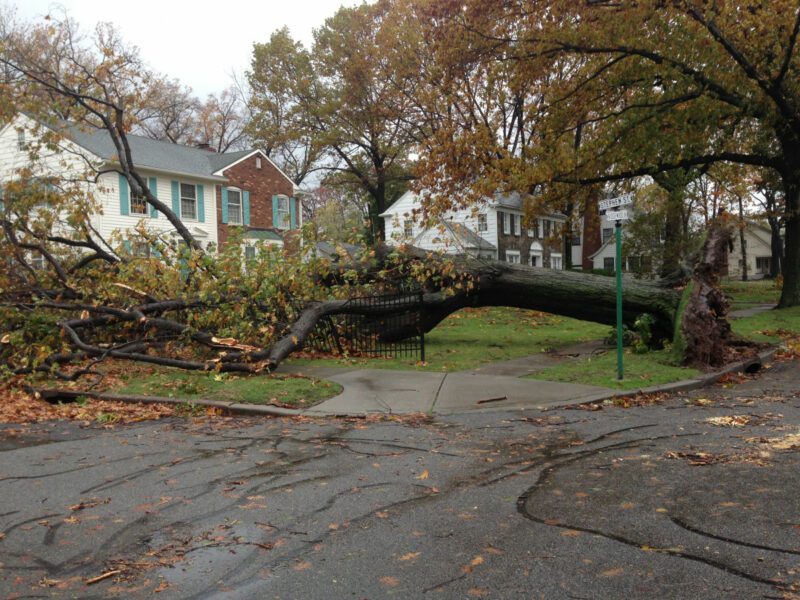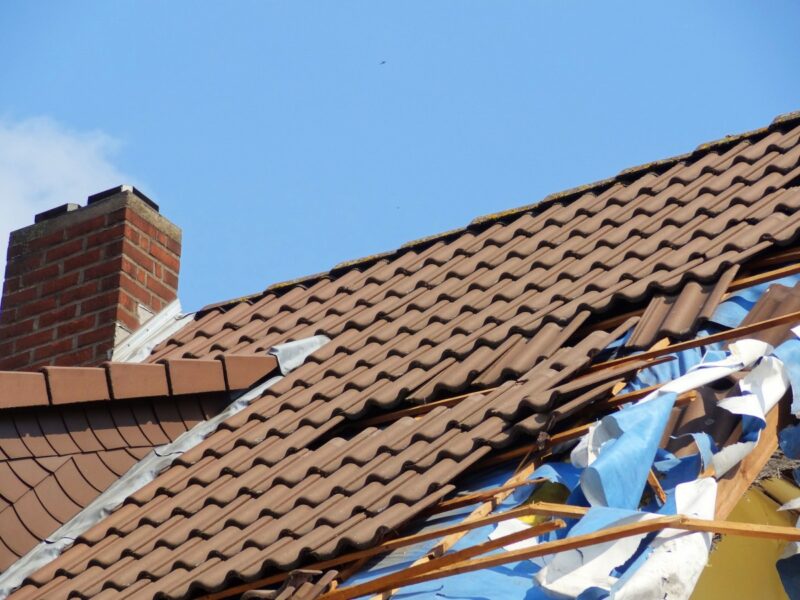
As we enter hurricane season, it’s important to take steps to protect our homes. Strong storms can cause significant damage, so it’s crucial to be prepared. In this blog post, we’ll discuss some key things you can do to get ready for hurricane season. We’ll cover preparing your home, staying safe during the storm, and what to do after the storm has passed. By following the tips we’re about to outline, you can help keep your home and family safe during hurricane season.
Prepare Your Home
Carry Out Checks Before Storms Arrive
It’s important to make sure your home is in good repair before hurricane season starts. Check your roof, windows, and doors to make sure they are in good condition and can withstand high winds. Trim any trees or shrubs that could fall on your house during a storm. This is one of the most common types of storm damage to the home, but you can avoid it if you’re prepared in advance.
Review Your Homeowner’s Insurance Policy
Make sure you understand what your homeowner’s insurance policy covers and doesn’t cover. Flood damage is usually not covered by standard homeowners insurance policies, so you may need to purchase separate flood insurance. You’ll need to make sure you’re fully covered if you want to avoid regrets later.
Create or Update Your Emergency Kit
Your emergency kit should include enough food, water, and supplies to last for at least 72 hours. Be sure to stock up on non-perishable food items, first aid supplies, batteries, and a flashlight. You don’t want to head into a bad storm without an emergency kit.

During the Storm
Keep an Eye on the News
It is important to stay informed during a hurricane. You can do this by monitoring the internet, local news, and weather radio. You should also have a plan for how you will receive information if power and the internet are down.
This should include how you will stay informed about the hurricane, and where it might be headed next. The National Hurricane Center’s website, local news, and weather radio are all good sources of that kind of information.
Stay Safe
During a hurricane, it is important to stay safe. If you are told to evacuate, do so immediately. If you are not told to evacuate, take shelter in a room on the lowest level of your home away from windows. Bring in any loose items from outside that could become projectiles in high winds. Be prepared for power outages and bring extra food, water, and medicine if needed.
Safety matters more than anything else, so this is something that you definitely don’t want to overlook. No matter what else might happen, your priority should be making sure that you and the rest of your family are able to stay safe for the duration of the storm.
Have a Plan
It is important to have a plan before a hurricane hits. Know your evacuation route and have a place to go if you need to evacuate. Make sure everyone in your family knows the plan and where to go if you get separated. Choose an out-of-state contact that everyone can call or text if you cannot reach each other during the storm.
If you are unable to evacuate, it is important to have a plan for where you will go and how you will weather the storm. Make sure you have enough supplies, including food, water, and medicine, to last for at least three days. Have a battery-powered radio and flashlights on hand in case of power outages. Know where your gas and water shutoffs are located. And most importantly, stay calm and stay safe.

After the Storm
Check for Damage
After a hurricane or severe storm, it’s important to check your home for any damage that may have occurred. If you can safely do so, inspect the exterior of your home for any missing shingles, broken windows, or other damage. If you see any damage, take pictures and document it as best you can. This will be helpful when you file an insurance claim.
If you can’t safely inspect the outside of your home, wait until the authorities give the all-clear before venturing out. Once it’s safe to do so, check for any water damage inside your home. Look for leaks in the roof or ceiling, and look for signs of mold or mildew. Again, take pictures and document the damage as best you can.
File an Insurance Claim
If your home has sustained any damage, you will need to file an insurance claim. Contact your insurance company as soon as possible to start the claims process. They will likely send an adjuster to assess the damages and determine how much they will cover.
Be sure to keep all receipts related to repairs or replacement of damaged items, as well as any documentation of additional living expenses if your home is uninhabitable due to storm damage. If you have any problems with your insurance company and they don’t want to compensate you, contact a lawyer. For example, you can contact a hurricane Ian property damage claims attorney if you were impacted by that hurricane in Florida.
Stay Informed and Connected
After a hurricane or severe storm, it’s important to stay informed about conditions in your area. Keep an eye on the news or weather reports to stay up-to-date on the latest information. You should also be aware of any flood warnings or advisories in effect, as well as any road closures.
It’s also important to stay connected with loved ones during this time. If power is out, use your cell phone sparingly to conserve battery life, but check in with family and friends to let them know you are safe and what condition your home is in.
We hope this blog post has helped you learn how to better protect your home during hurricane season. Stay safe and informed, and be sure to have a plan in place in case of an emergency.



